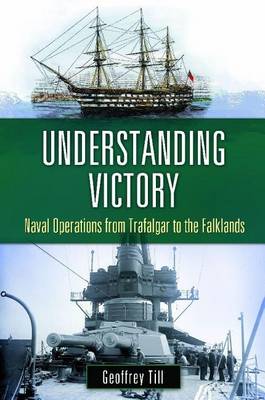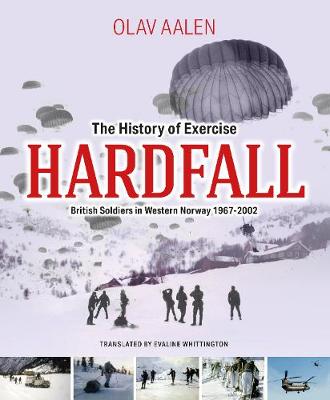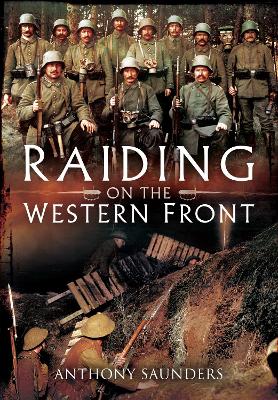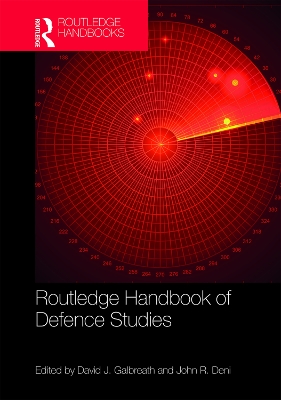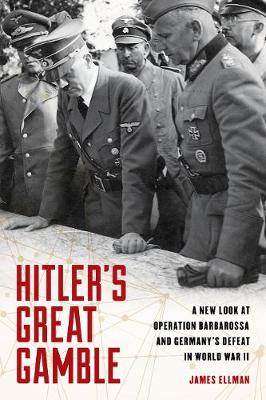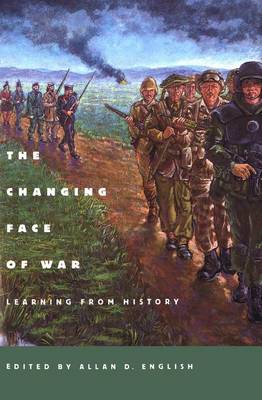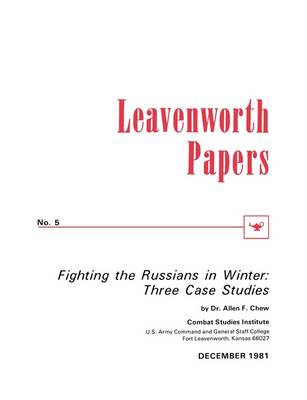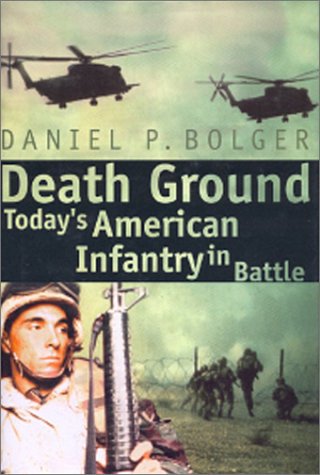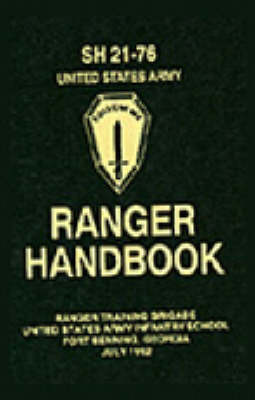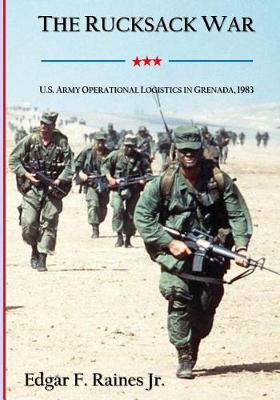Understanding Victory (War, Technology, and History)
by Geoffrey Till
Using four warship-centered examples, this book shows how naval battles are won or lost-and how technological advantage is rarely as decisive in defeat or victory as is often claimed.Providing a unique assessment of naval strategy and historic outcomes across centuries of warfare, Understanding Victory: Naval Operations from Trafalgar to the Falklands presents four case studies that examine each ship-based battle narrative to expose and analyze the factors that contributed to each side's success...
British Fighting Methods in the Great War
This collection points out the very real and substantial evolution of tactics that went on in response to new warfare and how this had a real effect on the positive performance of the British Army from 1916 onwards.
Alternative Conventional Defense
This volume examines NATO strategy and force posture alternatives in the light of changes that have taken place and which are taking place in Europe today. The authors offer their views on the nature of political change, changing military doctrines and changes in technology. NATO's future role in the "new Europe" which is beginning to emerge in the post-Cold War period is analyzed.
This work is a powerful demonstration of how historical analysis can be brought to bear on the study of strategic issues, and, conversely, how strategic thinking can help drive historical research. Based largely on newly released American archives, History and Strategy focuses on the twenty years following World War II. By bridging the sizable gap between the intellectual world of historians and that of strategists and political scientists, the essays here present a fresh and unified view of how...
The trench raid came to typify the aggression and close-combat of trench warfare on the Western Front. Inevitably, raiding by aggressively minded units had a psychological effect on the enemy. Dominance over the enemy could be established by aggressive raiding. Equally, raiding had an effect on the morale of friendly troops but not always a positive one. Successful raids buoyed spirits but unsuccessful raids could be detrimental because of the casualties sustained for no gain and raiding provoke...
Routledge Handbook of Defence Studies
The Routledge Handbook of Defence Studies provides a comprehensive collection of essays on contemporary defence studies by leading international scholars. Defence studies is a multi-disciplinary study of how agents, predominantly states, prepare for and go to war. Whereas security studies has been broadened and stretched to cover at times the near totality of international and domestic affairs, and war studies has come to mean not just operations and tactics but also experiences and outcomes, d...
On June 22, 1941, Hitler invaded the Soviet Union in Operation Barbarossa, one of the turning points of World War II. Within six months, the invasion bogged down at the gates of Moscow, and the Eastern Front proved to be the decisive theater in the defeat of the Third Reich. Ever since, most historians have agreed that this was one of Hitler's great mistakes. In Hitler's Great Gamble, James Ellman argues that Barbarossa was a gamble, but that it was not doomed from the start: that it was a reaso...
This volume is a collection of texts on lessons learned from history. One of the biggest problems facing military history leaders is how to deal with situations that they never confronted before. This collection of essays, written by military professionals engaged in war studies at the Royal Military College of Canada, demonstrates the value of historical study. The essays examine the past, present and future of war to find solutions for the problems of today and tomorrow. In an era when armed f...
Managing Adverse and Reportable Information Regarding U.S. Military Officers
by Katherine L Kidder, Laura L Miller, Samantha E Dinicola, and Phillip Carter
Fighting the Russians in Winter
by Allen F Chew, Howard F. Stone, and Combat Studies Institute
Coalition Warfare
It is unquestionable that the warfare of various post-Cold War 'coalitions-of-the-willing' has drawn much attention over recent years. However, we may also notice that associations of nations fighting, or preparing to fight, for common causes are no novelty.Multi-national co-operation in fields as costly and as fateful as war depends on considerations and caveats concerning political purpose, risks, mutual trust, national wealth and pride, compatibility of military forces and a glut of intangibl...
With some of the most technologically advanced equipment available the US infantryman is better equipped than most. Troops still have to engage the enemy close up and in Death Ground, Daniel P. Bolger examines 7 recent conflicts.'
The history of the U.S. Army Rangers is filled with courage, daring, and unsurpassed fighting skills. The unit's success is directly attributable to its rigorous training, and the Ranger Handbook represents the core of those battlefield skills. Paladin Press is proud to be able to offer the newly released revised edition of the Ranger Handbook. Much bigger in size and scope than the earlier pocket-sized handbook, this expanded edition covers everything today's Ranger must kw to engage in Iraq, A...
Greek and Macedonian Land Battles of the 4th Century B.C.
by Fred Eugene Ray
This book is crafted around soldiers’ personal descriptions of their war experiences in Afghanistan and Iraq that culminate in life-altering injuries to the brain and psyche, along with the equally dramatic story of their recoveries. An irony of America’s 21st century wars has been that while our combat medical and medevac capabilities have grown enormously (from a rough average of 4:1 wounded to dead in World War II to 8:1 today), the nature of many of America’s soldiers’ wounds has undergone a...
French Napoleonic Infantry Tactics 1792-1815 (Elite, #159)
by Paddy Griffith
This book will provide a careful analysis of the preparation of the French troops from manual regulations to the training ground, as well a study of the changing quality of command and control within the army. Initially this ensured that the French infantry were virtually unstoppable and for several years they enjoyed blistering triumphs at Austerlitz and Jena. Paddy Griffiths explores the role of the French infantry at the apex of their powers and their role in these key battles. However, he al...


